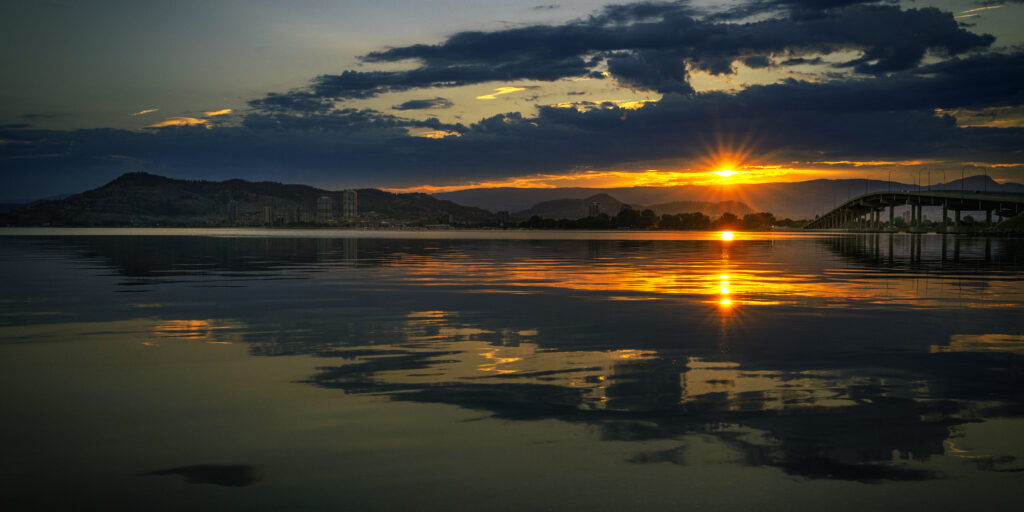

Syilx Okanagan knowledge-holder Jeannette Armstrong grew up hearing about her responsibilities around siwɬkʷ (water).
“My mother was a ceremonial leader in our longhouse, that’s the first thing she would talk about,” the Syilx Nation member from snpintktn (Penticton) said in a recent interview.
“She would lift that water up and she would say this water is sacred, nothing on this earth could live without this water no matter how big or how small.”
For Armstrong and other Syilx people, water is not a resource — it’s a relative. That’s why the Syilx Nation has created its own siwɬkʷ Water Declaration that outlines its relationship and responsibilities around siwɬkʷ.
“Syilx peoples assert that siwɬkʷ has the right to be recognized as a familial entity, a relation, and a being with a spirit who provides life for all living things,” the declaration reads, in part.
“Siwɬkʷ must be treated with honour, respect and reciprocity. We care for, protect and honour our relationship and bond with siwɬkʷ through our Syilx Laws, customs, traditions and practices.”
The written declaration — first made in 2014 — is important because it guides any work that the community does when it comes to protecting water, and can be referenced by non-Indigenous people, too.
While colonial science often talks about water in more lifeless terms, Armstrong explained that learning from Indigenous science is an important way to move forward with conservation.
“Science is a baby knowledge compared to our knowledge of the 12,000 years we’ve spent here on this land developing our understanding of how we as a people need to interact with each other,” she said.
“That work I think of informing society is foundational in my mind in terms of Indigenous ways of change in the people.”
At a Watersheds Forum in the Okanagan in 2020, Tessa Terbasket of the Okanagan Nation Alliance spoke about how combining western science with traditional ecological knowledge (TEK) Traditional Ecological KnowledgeTraditional Ecological Knowledge (TEK) is a comprehensive system of knowledge, traditions, and practices held by Indigenous communities, such as the Syilx Nation. This knowledge is deeply rooted in a specific place or environment, and it encompasses the accumulated wisdom, observations, and practices related to the land, water, and resources passed down through generations. has been a point of discussion — her nation’s deep knowledge about protecting siwɬkʷ doesn’t need to be validated by colonial research.
“Really the basis and the foundation is we can’t move forward without engaging our community members … we need all perspectives in our community to be heard for the water,” she said.
Holding Water
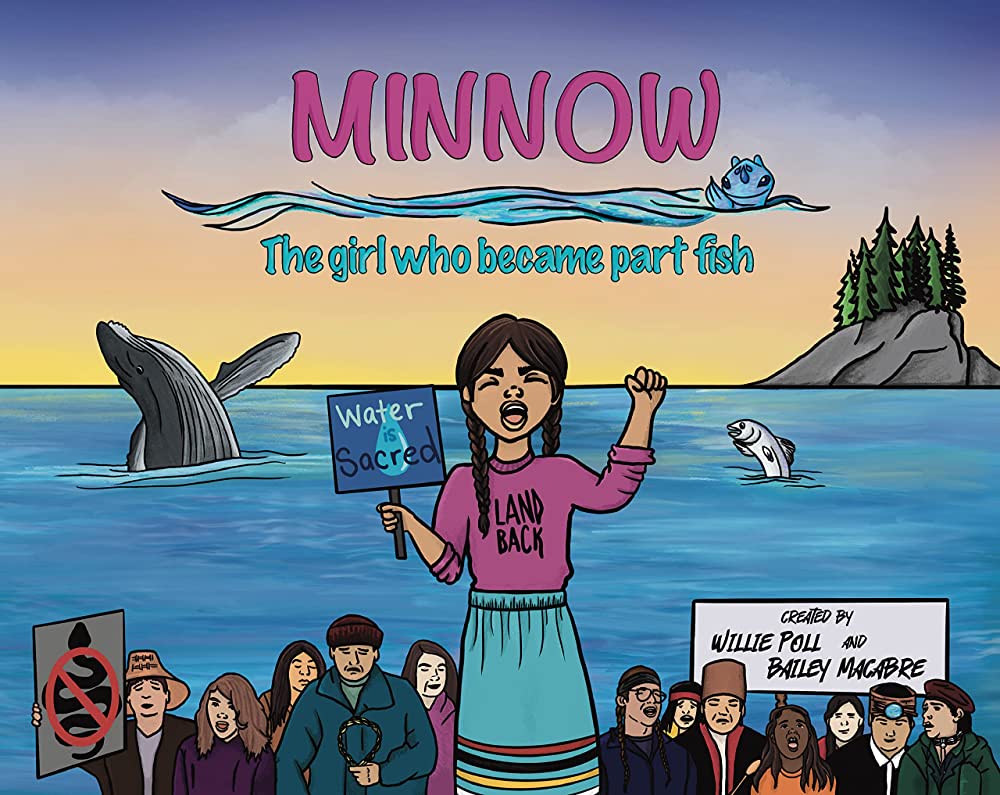
How do Indigenous Water Protectors create ripples of change?
Explore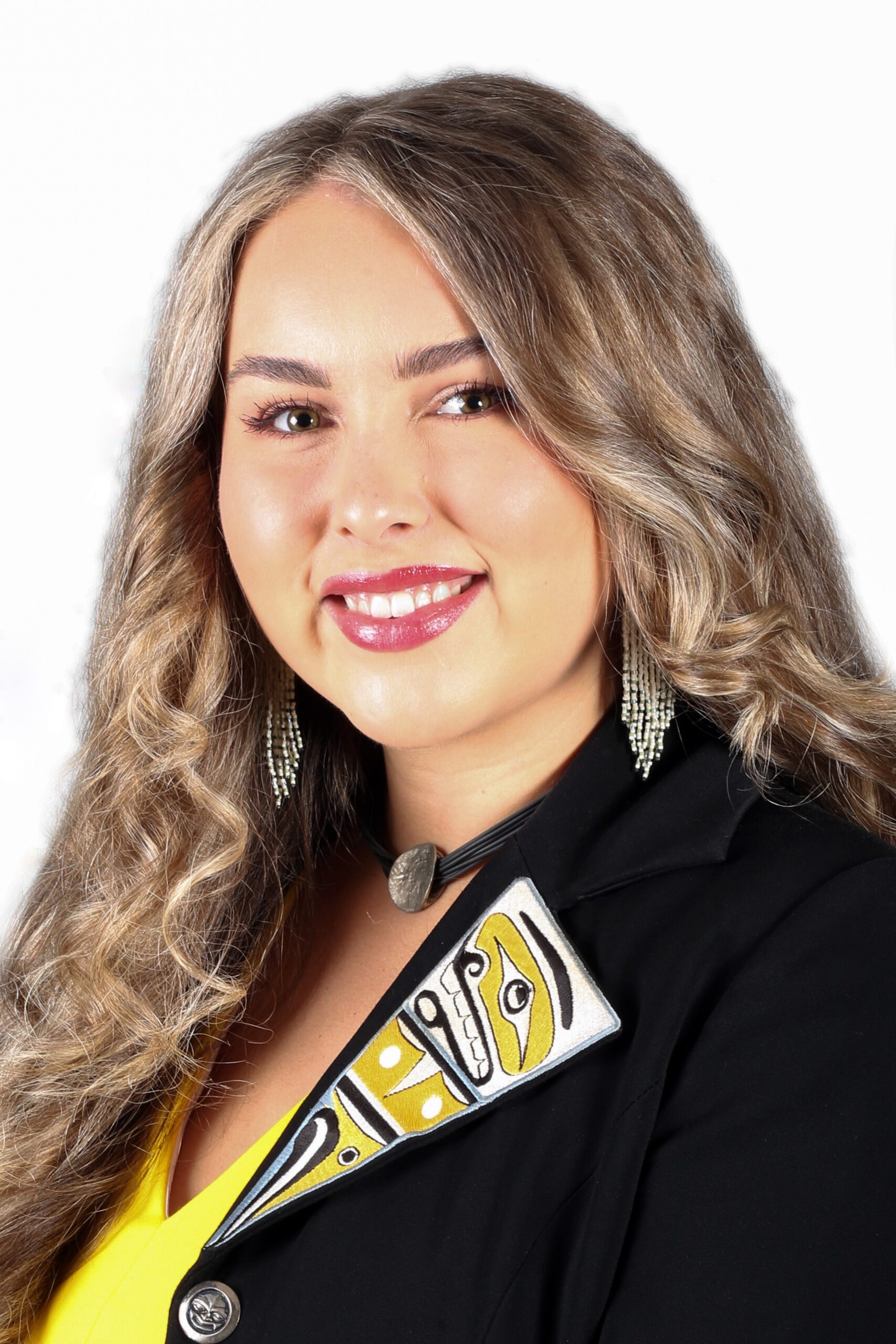
How does water protection intersect with gender equality?
Read Zoë Craig-Sparrow's story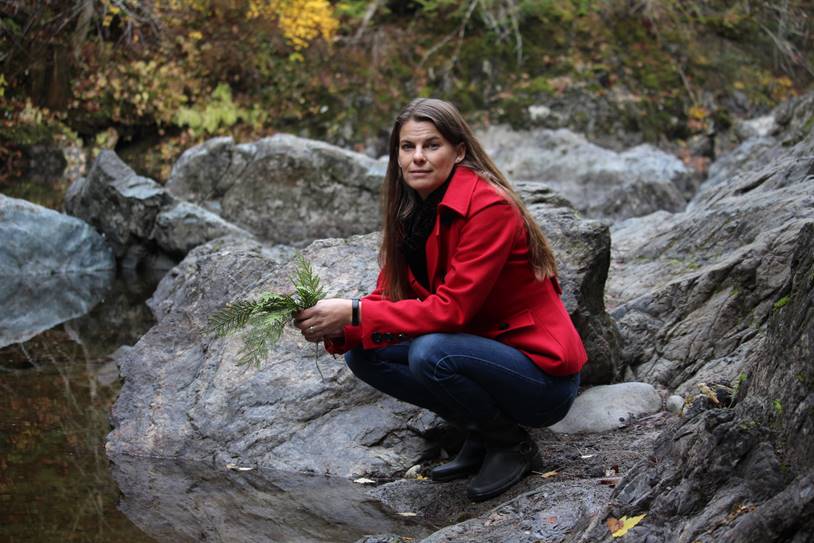
“Watershed security is never ‘achieved.' It’s a relationship."
Read more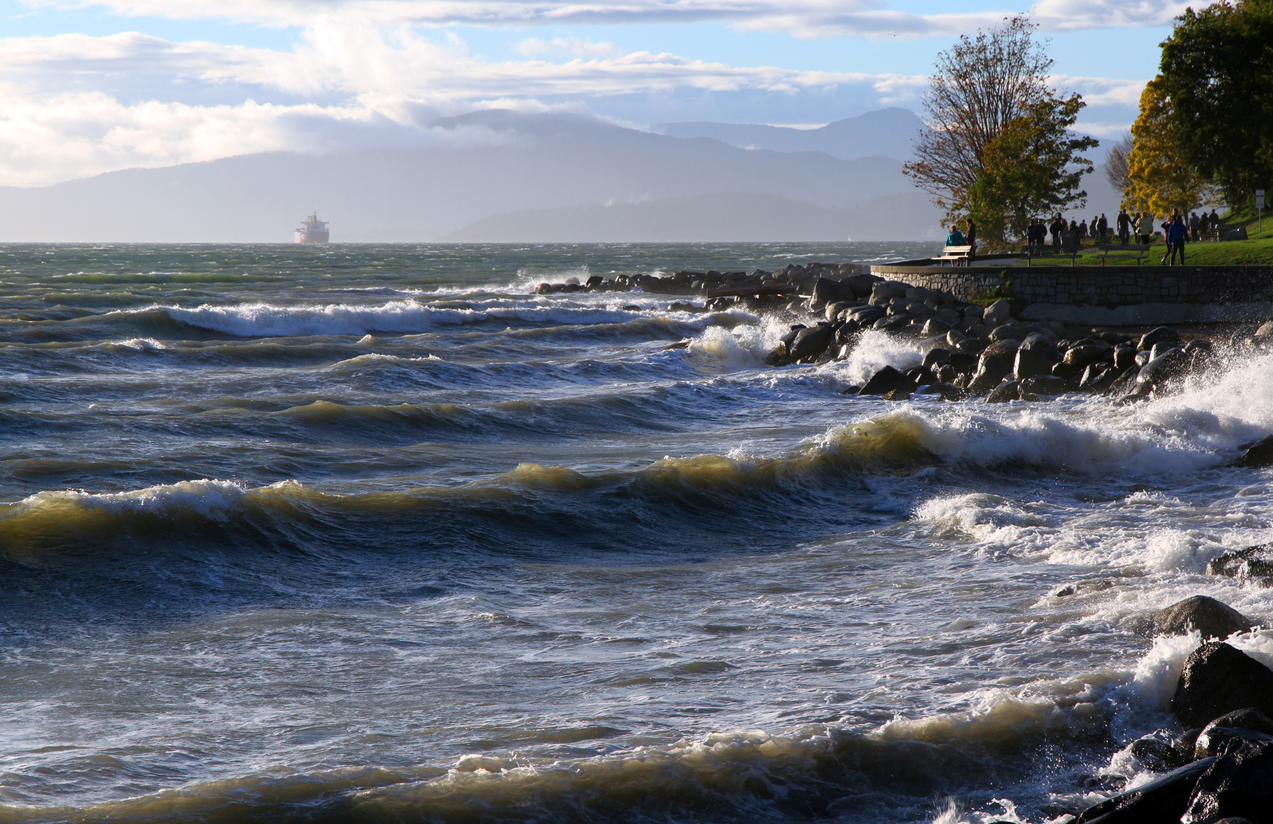
Why is it important to learn from Indigenous science?
The shift from more linear ways of thinking into holistic ways of knowing means recognizing water as a relative and also respecting it as an ancient being. That means honouring the way it has nurtured the people and land for generations, and respecting its strength and resiliency.
“siwɬkʷ comes from the sky and the highest places yet it never willfully rises above anything. It will always take the lowest path in its humility, yet of all the elements, it is the most powerful,” the water declaration states.
“Our sacred siwɬkʷ water teaches us that we have great strength to transform even the tallest mountain while being gentle, soft, and flexible. siwɬkʷ will always find a way around obstructions: under, over and through. It teaches us that anything is possible.”
Sylix Elder calyx explained that water is the only thing that is “almost godlike” because of its ability to give life.
“There’s a seed that’s dormant for 14 years … when it’s given water it can come back to life,” he said. “It’s the only thing that can do that. Water is alive. Water is sacred.”
Curious for more science of Indigenous Knowledge Systems?
Explore the solutions for regenerating our planet at Change Reaction.
